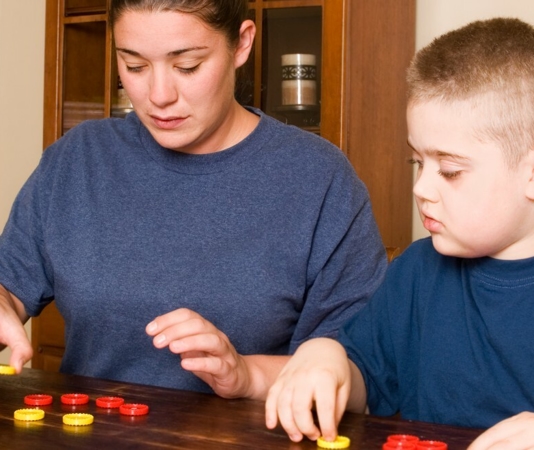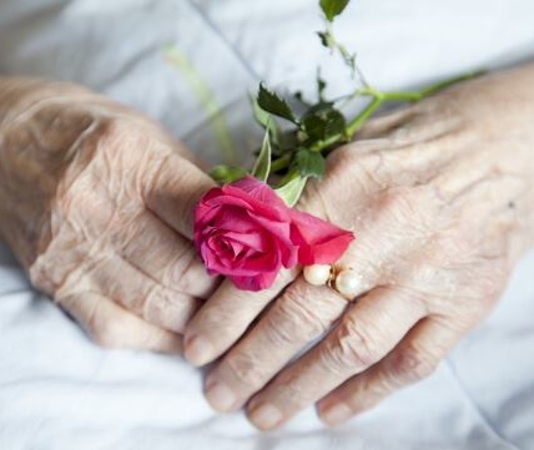There are two sides of the caregiving coin: one side is people who find it a blessing to give back and develop a deeper connection to elder loved ones as they become their companions and helpers; on the other side are the people whose own physical and mental health suffers as they sacrifice everything to provide care when a loved one is ill or disabled.
When an elderly parent needs care, adult children often feel a sense of obligation to do it all for their Mom or Dad.
“Many of these parents provided care to their own parents and expect that their children will do the same for them,” says Dr. Barry Jacobs, a clinical psychologist and co-author of “AARP Meditations for Caregivers.” “But a sense of fairness isn't something imposed by one family member on another; it ought to arise from discussions and, if need be, negotiations between family members to reach an accommodation that meets the caregiving and other family and individual needs.”
Are You Cut Out for This?
Not all family caregiving is created equal: it will depend on the needs or symptoms that someone has, and it will depend on the proximity, availability, and feasibility of the potential caregiver. Each family has its own dynamics, history, and hierarchy that will come into play too.
While there are many people who find fulfillment in being a family caregiver, it’s not for everyone. Topics on family caregiver forums include resentment, frustration, isolation, depression, along with requests for practical advice on a whole variety of personal issues related to caregiving that they are not trained to handle.
Dr. Jacobs is clear that not every parent and child should engage in a caregiving relationship.
“Even if there wasn't a bad relationship historically, there may be so much conflict between the caregiver and care recipient during caregiving that it is advisable for them to separate and [to find other solutions],” he says. “Sometimes, the caregiver's physical and/or mental health are so fragile that they can't safely take on the primary caregiving responsibilities without running the risk of harming themselves; they shouldn't sacrifice themselves in this manner.”
Say It Like You Mean It
There can be a lot of guilt for adult children who feel that they should do more—even if their parents refuse care—or that they aren’t doing things as well as they could.
Again, Dr. Jacobs’ prescribes good communication for all parties in order to address everyone’s concerns and needs. If someone cannot be a family caregiver, for whatever reason, it’s so important that he or she explain this to the others involved.
“I suggest that he or she be honest and forthright with himself, other family members and the care recipient about this,” he explains. “It is much better for the family members to know where a relative stands rather than to see that person fail to uphold a commitment implied or made.”
These decisions are not written in stone though and may change as a care recipient’s needs change over time. “A decision to not become a caregiver may hold for a period of time--for example, when that person is encumbered with other family responsibilities--or may hold for the entire period of caregiving. There are many family members who opt to not become a caregiver early on but who then step up later; conversely, there are those who start off gang-busters and then decrease their commitment if they become overwhelmed.”
Whether you are concerned about asking a loved one to be your caregiver or afraid you will be asked to step into this role, it can be a choice that is carefully and openly discussed to assure it’s in everyone’s best interests.




